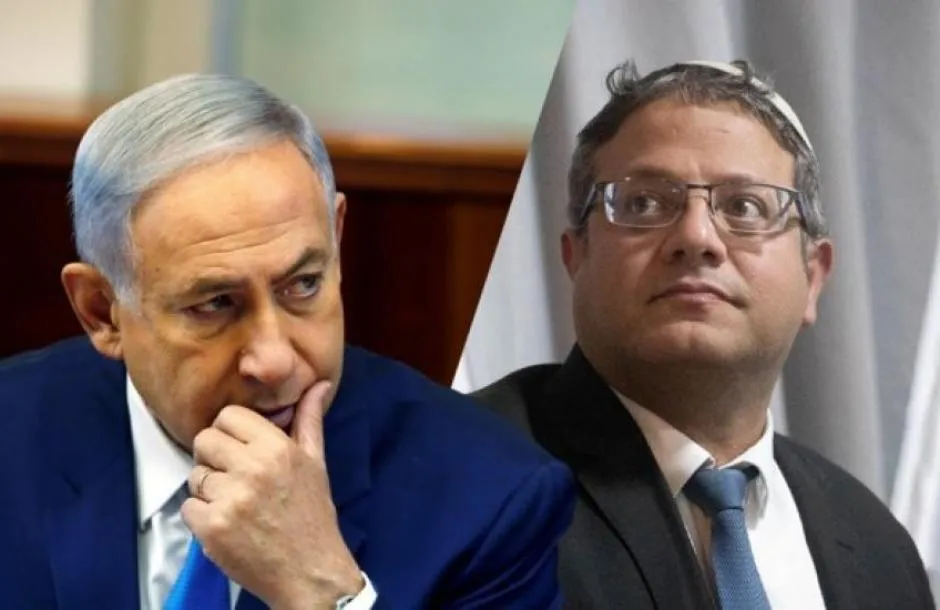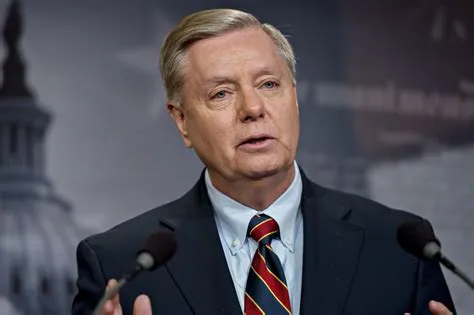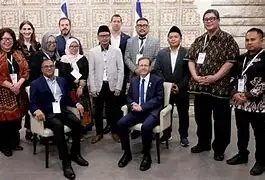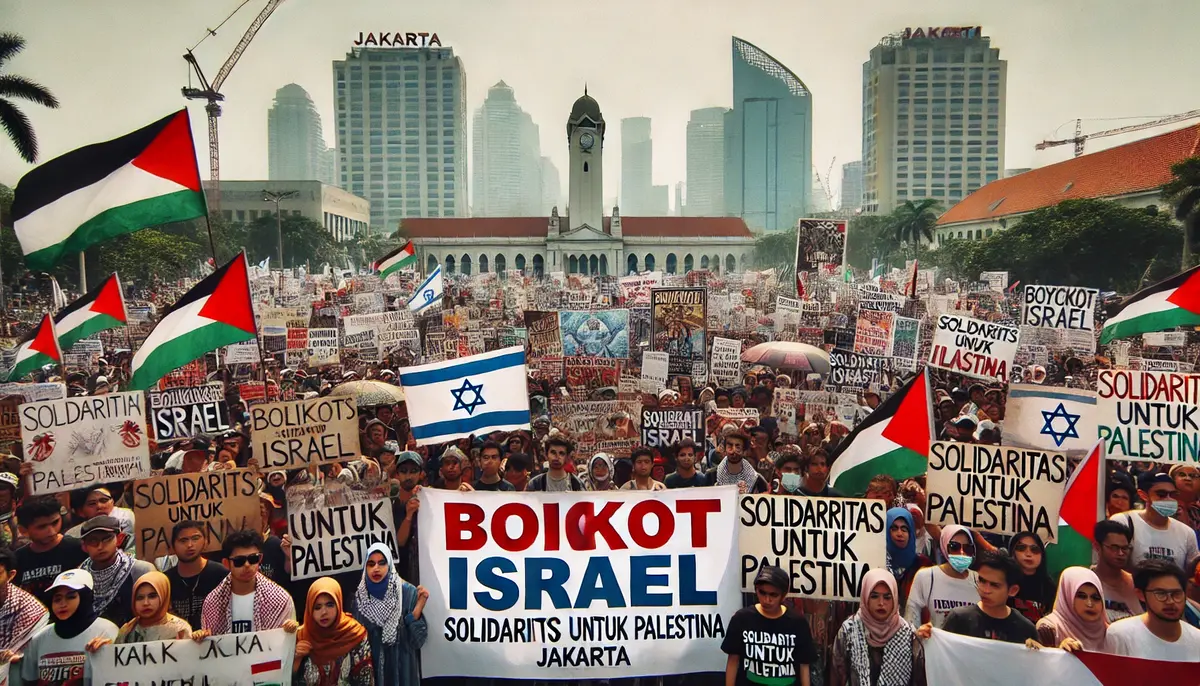jfid – The Indonesian Ulema Council (MUI) has called on all Indonesians to unite in boycotting Israel at the Paris 2024 Olympics. This appeal is a form of solidarity with Palestine, which continues to suffer from Israeli oppression.
MUI Chairman KH. Miftachul Akhyar stated that this boycott is a tangible step to show support for Palestine and condemn Israel’s aggression.
According to MUI, boycotting Israel is not just the responsibility of Muslims, but of all Indonesians who uphold humanity and justice.
“We must show that we stand with our brothers and sisters in Palestine. This boycott is a tangible form of our support,” said KH. Miftachul Akhyar at a press conference held in Jakarta, Monday (17/07/2024).
Support from Various Community Elements
MUI’s call has garnered support from various community elements, including religious organizations, NGOs, and several national figures.
Muhammadiyah Chairman Haedar Nashir expressed his support for this boycott call, emphasizing that the struggle of the Palestinian people is our collective struggle.
“This is a moral call for all of us. A boycott is one of the peaceful ways to show our resistance to injustice,” said Haedar Nashir.
Additionally, NGOs like the National Committee for Palestinian People (KNRP) and various Palestinian solidarity communities in Indonesia have also voiced their support.
They are planning various actions to support this boycott, including social media campaigns and peaceful demonstrations in major cities across Indonesia.
Implications of the Boycott for Indonesian Athletes and Delegations
However, this boycott call has sparked various reactions, especially among athletes and sports officials. Some athletes are concerned that this boycott could affect their careers and opportunities to compete in international events.
Indonesian Olympic Committee (KOI) Chairman Raja Sapta Oktohari stated that discussions are still ongoing regarding the impact of this boycott on the preparations and participation of Indonesian athletes in the Paris 2024 Olympics.
“We understand and respect MUI’s call. However, we also need to consider its impact on athletes who have trained hard for this event. We will seek the best solution that can accommodate everyone’s interests,” said Raja Sapta Oktohari in his official statement.
International Reactions
The boycott call has also attracted the attention of the international community. Several countries and international organizations have issued statements regarding MUI’s call.
Amnesty International expressed its support for the boycott as a form of protest against Israel’s human rights violations. However, some other countries criticized the call, stating that a sports boycott will not resolve the existing conflict.
“A sports boycott is not a solution to resolving political conflicts. We need to find other more effective ways to support peace,” said a representative from the International Olympic Committee (IOC) in their statement.
Indonesian Government Response
The Indonesian government is still considering the steps to be taken regarding this boycott call. Minister of Youth and Sports Zainudin Amali stated that the government will conduct an in-depth study before making a decision.
“We need to look at all aspects, from moral, political, and the impact on our athletes. This decision cannot be made hastily,” said Zainudin Amali.
Conclusion
MUI’s call to boycott Israel at the Paris 2024 Olympics has sparked various reactions and debates among the Indonesian public.
Broad support from various community elements shows strong solidarity with Palestine, but concerns about its impact on athletes and Indonesia’s participation in international events cannot be ignored.
The government and relevant parties are expected to find the best solution that can accommodate all interests while continuing to show support for the Palestinian people’s struggle.
“This boycott is not just about politics, but also about humanity. We must unite in this action to show that we reject injustice,” concluded KH. Miftachul Akhyar.














